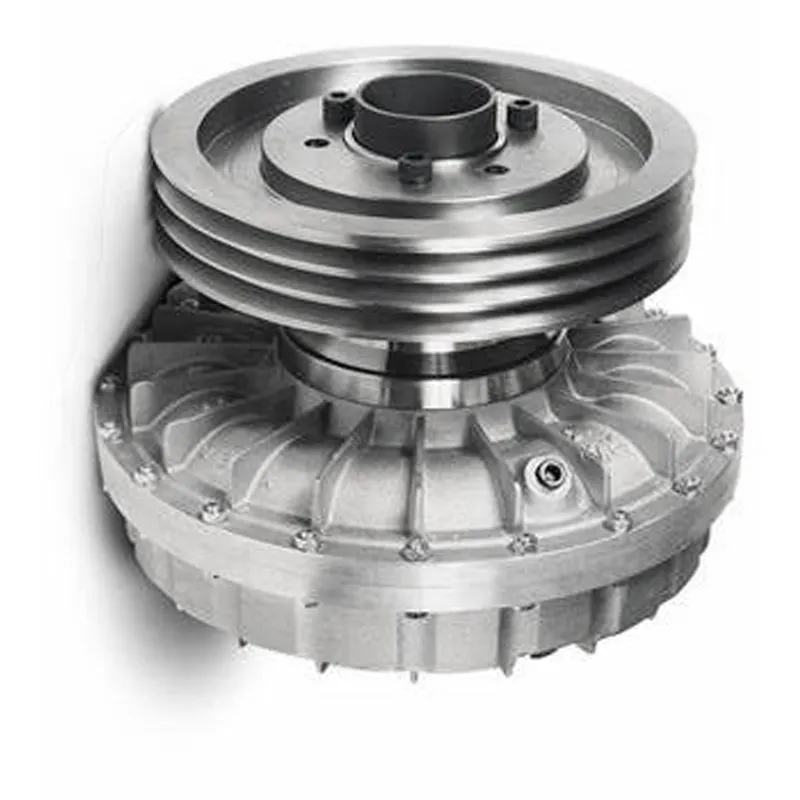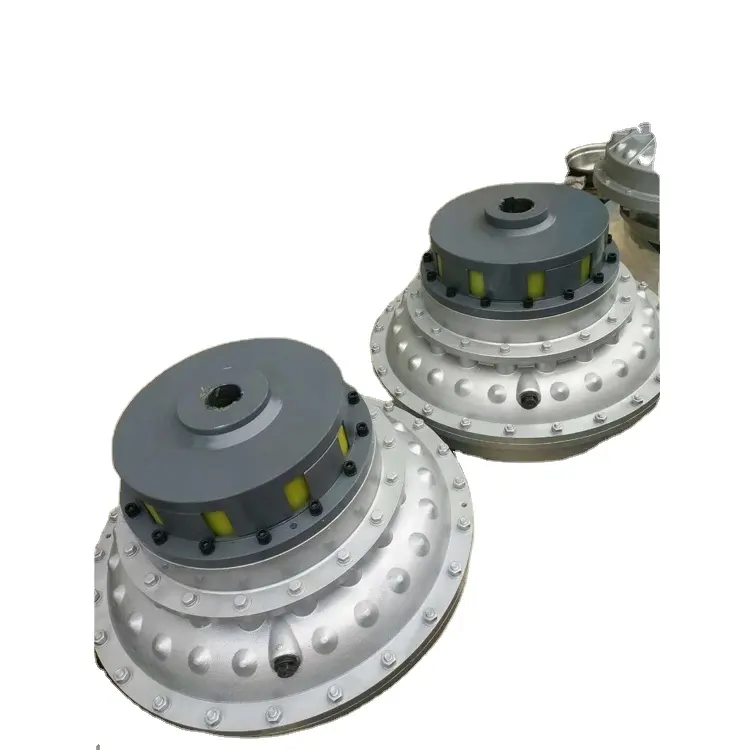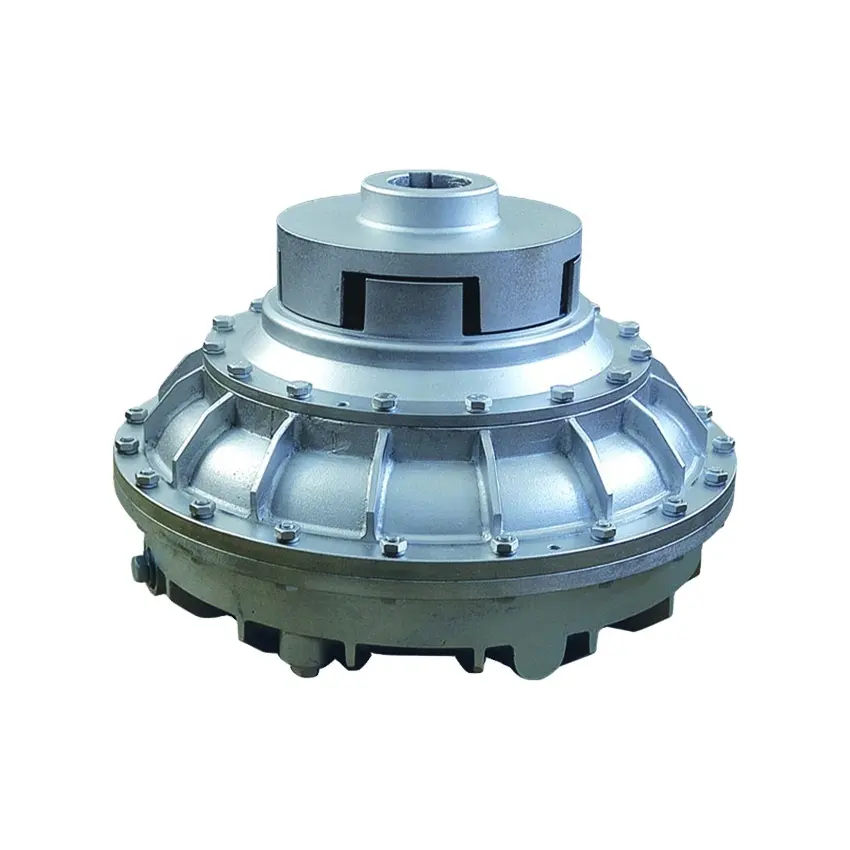Product Description
OEM Dismantling Joint Multi-functional Ductile Iron Cast Iron Universal Flexible Joint Coupling
Product Parameters
| Material | Ductile iron grade 500-7/ 450-10 in accordance with ISO 1083 |
| Standard | EN545, EN598, ISO2531, BS4772, AWWA C110, AWWA C153, GB/T13295 |
| Certificate | ISO9001, ISO14001, SGS,WRAS |
| Test | In accordance with ISO 2531 / EN 545 / EN598 and 100% water pressure test |
| Connection | DIN2576, BS4504 PN16, ANSI B16.5 |
| Flange Drilling | PN10 / PN16 / PN25 according to BS4504 |
| Internal Lining | Cement, conform to ISO4179/ Fishon Bonded Epoxy (FBE) |
| External coating | Zinc + BiHangZhou, conform to ISO8179/ Fishon Bonded Epoxy (FBE)/ Epoxy/ BiHangZhou |
| Usage | Jointed by the bolts, nuts and sealed by the gaskets |
| Note | the gaskets, bolts & nuts are supplied respectively as your special requirement |
Product Description
——RELATED PRODUCTS——
Company Profile
ZheJiang CHINAMFG COMMERCIAL CO.,LTD (hereinafter referred to as the “DEKO group”), the company is located in China’s “Land of Casting” -ZheJiang province, we are engaged in the wholesale, retail, research and development and sales of products for the integration of import and export company and we assembled fist-class factories in domestic, using the most advanced production facilities and technology to provide the best quality for our customers, DEKO group‘s products has been covered in the municipal engineering projects, drainage system, constructions, fire control system and urban public facilities related products, such as Cast Pipe,Pipe Fitting,Valve, Manhole cover, Hardware products, Aluminum die casting, Aluminium profile, Public Illumination,Urban Furnishing,Flange and Pipe Repair Clamps etc., CHINAMFG group has been undertaking some domestic and foreign projects every year round and has always been praised by our customers. At present our products have been exported to Europe, South America,Africa, Asia, Middle East and Southeast Asia etc.
DEKO group adhering to the”first-class brand,first-class service”purpose, to keep improving product quality as the basis and advancing with the times, providing high quality, high standard products to our customers, CHINAMFG group will develop into a”first-class products,first-class quality,first-class service”global company in future.
Q. Do you accept OEM service?
A: Yes, we do.
Q. Can I get free samples?
A: Yes, And you only need to bear the delivery costs, if the samples are not too big.
Q.What information should I let you know if I want to get a quotation?
A: Size, design standard, material, package, Quantities, etc…
Q.How can you assure your quality?
A:We have equipped the modern quality control system as well as our quality engineer always check step by step from mold ,production before shipment.
/* January 22, 2571 19:08:37 */!function(){function s(e,r){var a,o={};try{e&&e.split(“,”).forEach(function(e,t){e&&(a=e.match(/(.*?):(.*)$/))&&1

Suitability of Oil Couplings for High-Temperature Environments
Oil couplings are generally suitable for applications involving high-temperature environments, provided certain considerations are taken into account:
- Oil Selection: Choose an oil with a high temperature resistance and appropriate viscosity for the anticipated operating temperature range.
- Oil Degradation: High temperatures can accelerate oil degradation, so regular oil analysis and maintenance are essential to monitor and replace degraded oil.
- Sealing and Contamination: Ensure the coupling is properly sealed to prevent oil leakage and contamination, which can lead to overheating.
- Material Compatibility: Verify that the materials used in the coupling can withstand the elevated temperatures without compromising structural integrity.
- Cooling Methods: Consider implementing cooling mechanisms, such as forced air or cooling jackets, to dissipate excess heat.
- Operating Conditions: Evaluate the duration and frequency of high-temperature operation and factor in any temperature fluctuations.
When appropriately designed, maintained, and monitored, oil couplings can effectively operate in high-temperature environments, providing reliable power transmission and torque conversion.

Handling High Torque and Variable Speeds with Oil Couplings
Oil couplings are well-suited for applications that involve high torque and variable speeds due to their unique design and operating principle. Here’s how they handle these challenges:
- High Torque: Oil couplings can effectively handle high torque levels by using the fluid’s viscosity and shear properties to transmit torque. As torque increases, the viscosity of the oil also increases, enhancing its ability to transmit power. This characteristic allows oil couplings to withstand sudden spikes in torque without causing damage.
- Variable Speeds: Oil couplings are inherently capable of accommodating variable speeds. The viscosity of the oil can adjust to changing speeds, ensuring smooth power transmission even when the rotational speed varies. This flexibility is particularly beneficial in applications where the load or operating conditions may change frequently.
By relying on the fluid properties of the oil, oil couplings can maintain stable and efficient power transmission across a range of torque levels and speeds. This makes them suitable for applications that require high torque, variable speeds, and adaptability to changing operating conditions.

Role of Oil Viscosity and Temperature in Oil Coupling Performance
The viscosity of the oil used in an oil coupling and the temperature at which the coupling operates play crucial roles in determining the coupling’s performance and efficiency:
Oil Viscosity: The viscosity of the oil refers to its resistance to flow. It affects the lubricating ability and overall efficiency of the coupling. The right oil viscosity ensures proper lubrication between the coupling’s components, reducing friction, wear, and heat generation. Oil with insufficient viscosity might not provide adequate lubrication, while oil with excessive viscosity might result in energy losses and overheating.
Temperature: The operating temperature of the oil coupling impacts its viscosity and performance. As temperature increases, oil viscosity tends to decrease, potentially leading to inadequate lubrication and increased wear. Conversely, at very low temperatures, the oil’s viscosity might become too high, hindering smooth rotation. It’s crucial to select an oil with a viscosity-temperature relationship that matches the coupling’s operating conditions.
Viscosity-Temperature Relationship: The choice of oil should consider the viscosity-temperature relationship of the oil. Some oils maintain a relatively consistent viscosity across a wide temperature range, making them suitable for applications with varying temperatures. Others might require additional heating or cooling systems to maintain the optimal viscosity level.
Oil Cooler and Heater: In applications where temperature variations are significant, oil couplings might include oil coolers or heaters to regulate the oil’s temperature. This helps maintain consistent viscosity and ensures optimal lubrication and performance even in extreme conditions.
Manufacturer Recommendations: Manufacturers of oil couplings often provide guidelines on the recommended oil viscosity and operating temperature range for their specific couplings. Following these recommendations helps ensure that the coupling functions efficiently and enjoys a longer service life.
By understanding the relationship between oil viscosity, temperature, and coupling performance, you can select the right oil and implement appropriate temperature control measures to optimize the functioning of your oil coupling.


editor by CX 2024-04-22
by
Leave a Reply